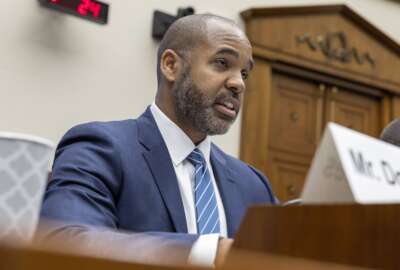Homeland Security: Inside & Out – February 15th, 2009
Current state of \'homeland security\': After seven years, how did we get here?
Few scholars have spent more years focused on homeland security issues than co-hosts, Dave McIntyre and Randy Larsen. This week, Dave and Randy look back at the first seven years of homeland security in the United States, and answer the question: “How did we get here?”
In Part I, they discuss:
- How homeland security emerged as a line of thought at the federal level prior to the 9/11 attacks.
- The debate over whether to focus the nation’s resources on high probability/low consequence events (such as car bombs) or low probability/high consequence events (such as nuclear or biological attacks).
- Their initial reactions to the 9/11 terrorist attacks and the subsequent anthrax attacks, and their analysis of the investigations that followed.
In Part II, they discuss:
- The rush after 9/11 to create the Department of Homeland Security, and its long-term implications for the nation.
- The effects of the Bush administration’s decision to largely ignore the findings of the Hart-Rudman Commission, a bi-partisan panel that studied homeland security issues for three years.
- Whether the model for counterterrorism should be viewed as law-enforcement, war … or something else.
In Part III, they discuss:
- Whether Congress should pull FEMA out of DHS.
- Who should get the blame for what happened — and didn’t happen — during Hurricane Katrina.
- The need to stop trying to handle emergency management at the federal, state and local levels “on the cheap.”
Copyright © 2025 Federal News Network. All rights reserved. This website is not intended for users located within the European Economic Area.
In bid to trim federal office space, GSA takes deep dive into its portfolio
Related Topics





